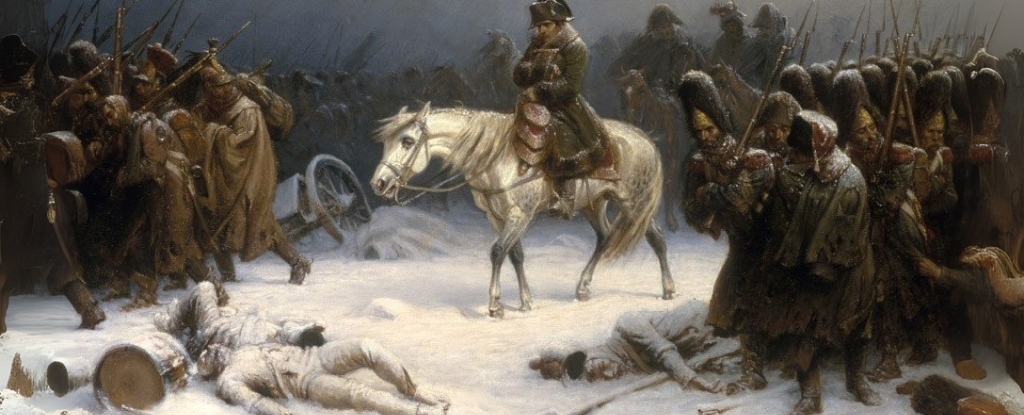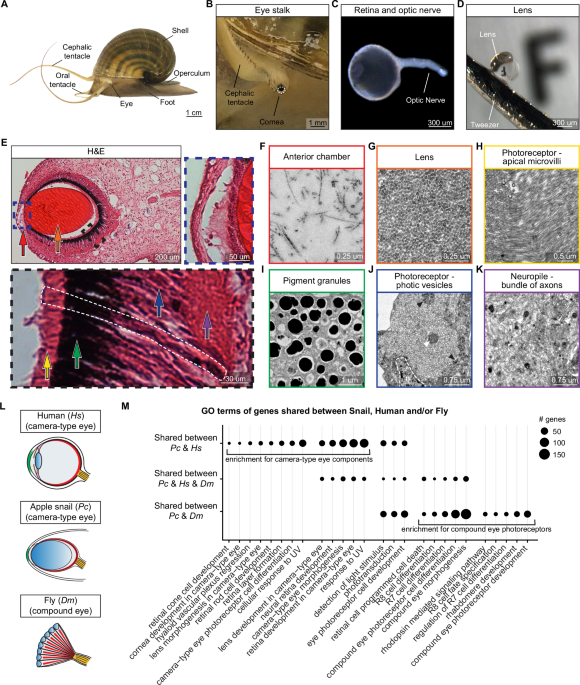
DNA Casts Doubt Over Theory on What Killed Napoleon's Forces
When Napoleon and his legion of multinational soldiers retreated from Russia in 1812 in the face of dwindling supplies and fierce Russian resistance, little did they know how much worse was yet to come.
While withdrawing from Russia, at least half of the 600,000-strong force were ravaged by the extremes of winter, starvation, and disease. A new study that has yet to be peer reviewed has now identified which pathogens helped decimate the weakened forces.
Physicians at the time documented typhus, with symptoms that include fevers, headaches, and rashes. But Paris Cité University microbiologist Rémi Barbieri and colleagues found no traces of the bacterium Rickettsia prowazekii, which would have been responsible for the disease.
After extracting and analyzing ancient DNA from the teeth of 13 soldiers they instead found evidence the men suffered from a combination of paratyphoid caused by a strain of Salmonella enterica, and a relapsing fever caused by a bacterium called Borrelia recurrentis, which is transmitted by body lice .
"While not necessarily fatal, the louse-borne relapsing fever could significantly weaken an already exhausted individual," the researchers explain in their paper.














